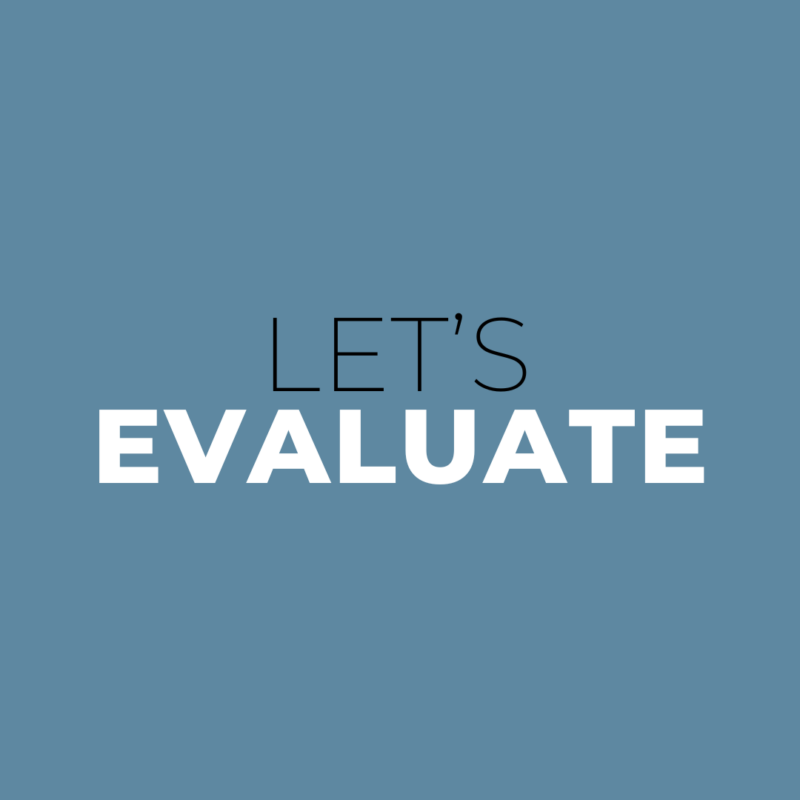Sports and media – why you should hone your PR skills if you’re planning to go pro
Think you have what it takes to go pro? Before you’re thrust into the spotlight, take a step back and examine what the title of “professional athlete” entails. Hint: It is so much more than athletic ability. Interviews, endorsements, speaking engagements, charity work – the job description is a lengthy one. With less than 2% of college athletes going on to play professionally according to the NCAA, you must work to protect this extremely rare opportunity you’ve earned.
Avoid a turnover (Avoid interview speedbumps)
If you’re a professional athlete, you likely participated in media interviews while in college. Those experiences certainly provide a firm foundation, but it’s important to go back to the basics of interview preparation and take a deeper dive. National news reporters can be more stealthy than those you’ve interacted with in the past when it comes to getting the information they need for their stories, even if it’s at your expense. Because of this, you must be prepared for interview speedbumps.
A couple of the most important tactics that can lead to a turnover on your part are what I like to call the A to B dilemma and the “off the record” scenario. The A to B dilemma occurs when a reporter asks you a question and provides you with two options for your answer. Avoid the trap by saying “neither” and offering up an answer in your own words. Another scenario to prepare for is when a journalist asks you a question and says it is “off the record.” Spoiler alert: Nothing is ever off the record. Stick to your message and don’t share any sensitive information that could appear as an immediate tweet, part of the SportsCenter crawl or on the front page of the sports section the next morning.
Protect the paint (Establish/protect your brand)
Making time for media interviews in the midst of games and practices isn’t always convenient, but it’s necessary and contractually required for most athletes. Talking with the media allows you to establish your personal brand and protect it long term as the season and your career unfolds.
For rookies, starting out on the right foot is crucial. Depending on how much fanfare you received in college, members of the media may not know who you are, and those who do may not know much. Answering questions posed to you by the media during the preseason is an opportunity to set the stage for what people think of you. What you say and how you say it will be what they use to form their opinions. Some athletes look to their performance on the court or field to speak to who they are. While this is true to an extent, you are fallible. Even the greats (@Kobe, @Jordan) have bad games. Soften the blow of the criticism coming your way after those less than stellar performances by getting fans on your side from tipoff. At the end of the day, your words are the only thing you can fully control. Make them count.
Set a screen (Control the message)
By participating in interviews, you can control the message going out to the masses in media stories, social media posts and TV clips, as well as avoid assumptions that could arise. Dodging reporters or saying “no comment” is never a good look. Doing so makes you look guilty and causes people to make their own assumptions about the topic at hand.
Media as an institution is your friend to some degree, but outlets have a goal for their story and can be pretty ruthless about getting you to say what they want you to say. Don’t budge. Answer the question appropriately, but don’t feel like you have to give intimate details of a situation so that their story can become what they have already envisioned. For example, if an altercation broke out in the locker room after a tough game, it is not your job to give the media a play-by-play after the fact.
As a professional athlete, preparing yourself for in-game action is just as important as preparing yourself for off-the-court matters as well, especially when it comes to the press. If you need help preparing, we offer media training and guidance. Connect with us at insight@obsidianpr.com.



